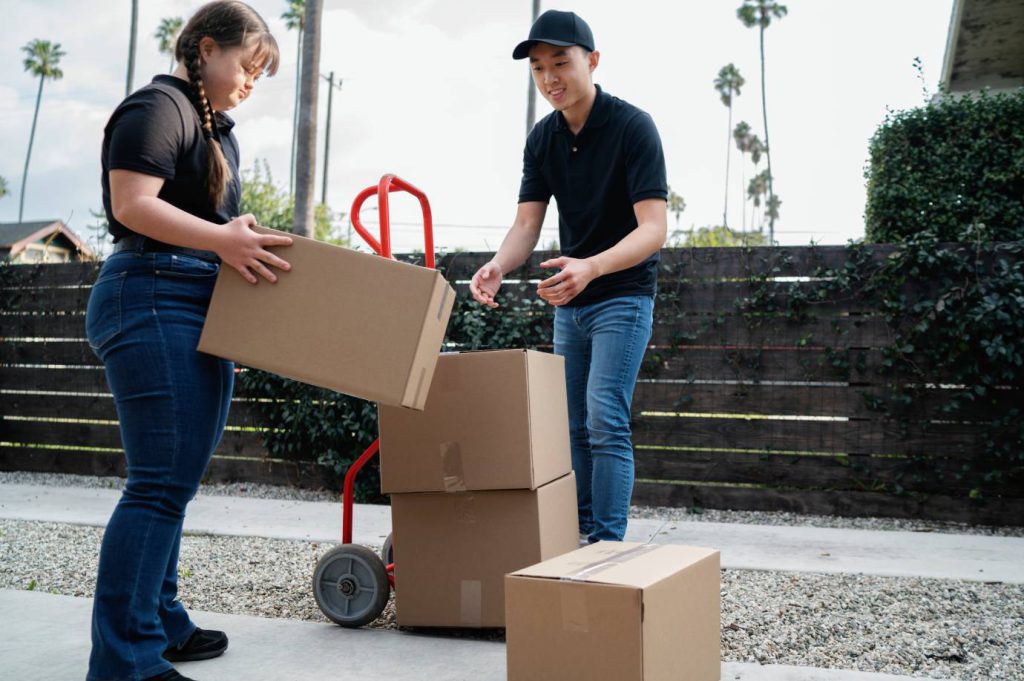Moving to a new home is an exciting chapter in your life, but it can also be a stressful one. From organizing your belongings to coordinating the logistics of the move, there’s a lot to consider. However, with the right planning and preparation, you can make your residential move a smooth and stress-free experience. Below are some expert tips to help you prepare for your big day:
1. Start Early
One of the biggest mistakes people make when moving is waiting until the last minute to start preparing. To reduce the stress of moving, begin planning at least 6-8 weeks before your moving day. This will give you plenty of time to declutter, pack, and arrange all the details without feeling rushed.
2. Declutter Your Home
Before you even start packing, take time to declutter your home. Go through your belongings and decide what to keep, donate, or throw away. This will not only reduce the number of items you need to move but also help you create a fresh start in your new home. Consider hosting a garage sale or donating items to charity to give them a second life.
3. Create a Moving Checklist
A moving checklist is your best friend when it comes to organizing your move. Write down every task you need to complete, from booking the moving company to labeling boxes. Include deadlines for each task so that you stay on track. A detailed checklist will help ensure that you don’t forget any crucial steps along the way.
4. Pack Smartly
Packing can be a daunting task, but with a bit of organization, it can be manageable. Begin by packing non-essential items several weeks before the move. Label your boxes clearly with the contents and the room they belong in. Consider using color-coded labels to make it easier to unpack once you arrive at your new home.
5. Hire Professional Movers
While packing is important, the actual physical move is the most strenuous part of the process. Hiring professional movers is one of the best ways to ensure that your move goes smoothly. They have the experience and equipment to handle heavy furniture and fragile items, and they can help you save time and energy.
6. Notify Important Parties
Don’t forget to notify relevant parties about your change of address. This includes your utility companies, banks, insurance providers, and the post office. Updating your address ahead of time will help avoid any issues with missed bills or important documents during the transition.
7. Plan for the Day of the Move
On the day of the move, ensure that everything is packed and ready to go. Have a designated area for your movers to park, and be sure to have any necessary items (such as snacks, water, and cleaning supplies) easily accessible. Also, keep your personal items (like important documents, medications, and electronics) with you rather than packing them in boxes.
8. Take Care of Pets and Children
Moving day can be particularly challenging if you have pets or young children. To reduce stress, arrange for them to stay with a friend or family member during the move. This way, you can focus on the logistics of the move without worrying about their safety or comfort.
9. Unpack Strategically
Once you arrive at your new home, avoid the temptation to unpack everything at once. Focus on the essentials first, such as kitchenware and toiletries, before moving on to the rest of your belongings. Take your time unpacking each room so that the process feels less overwhelming.
10. Celebrate Your New Home
Finally, once your move is complete and everything is in place, take time to celebrate your new home. Invite friends or family over to show off your new space, or simply enjoy a quiet evening in your fresh surroundings. The hard work has paid off, and now it’s time to enjoy your new chapter.




